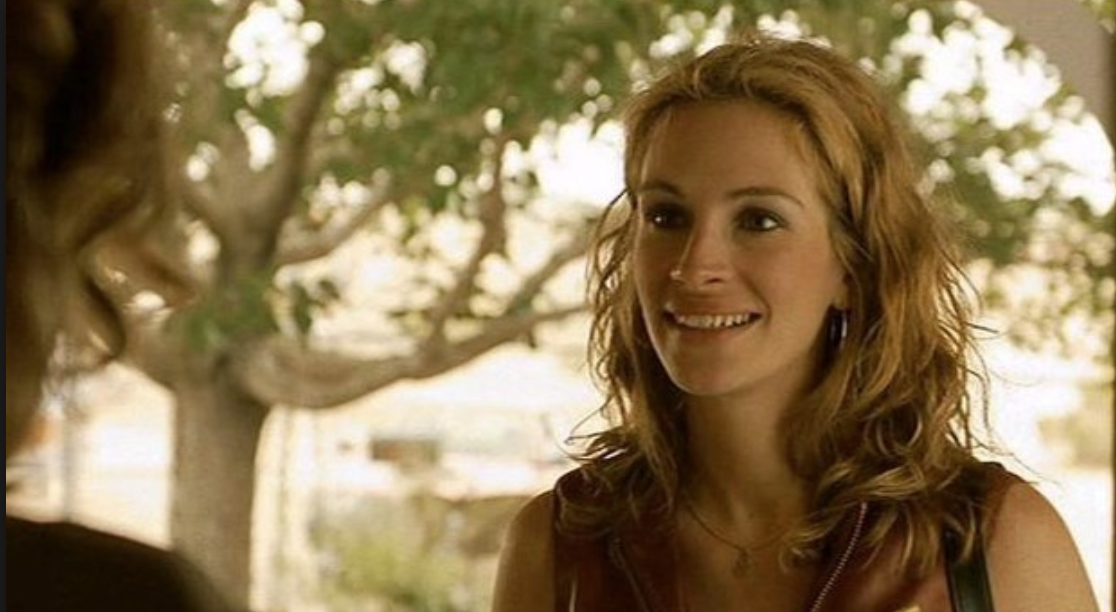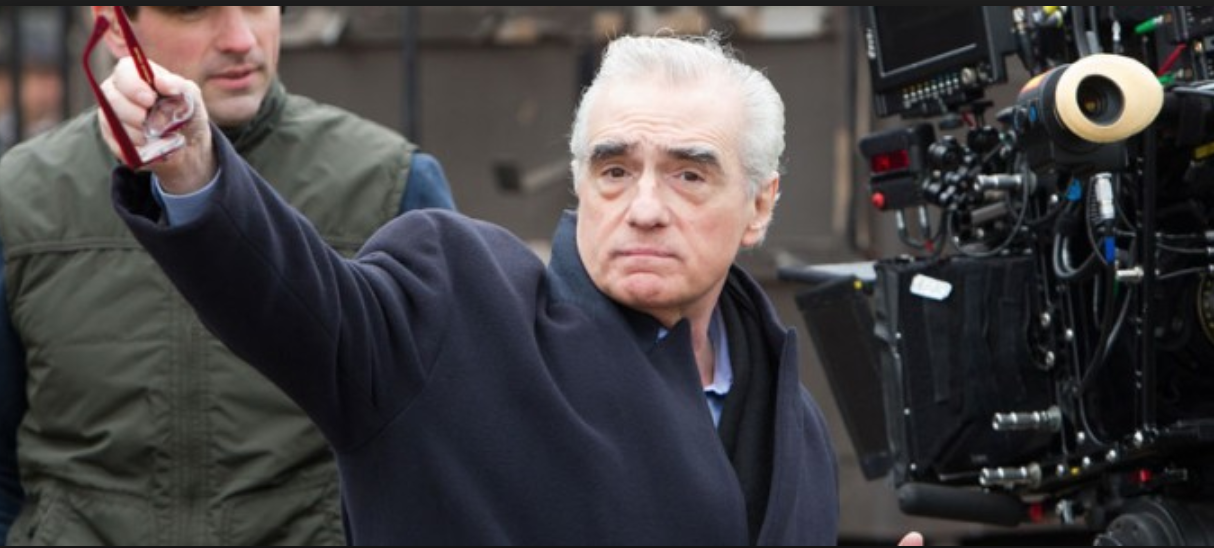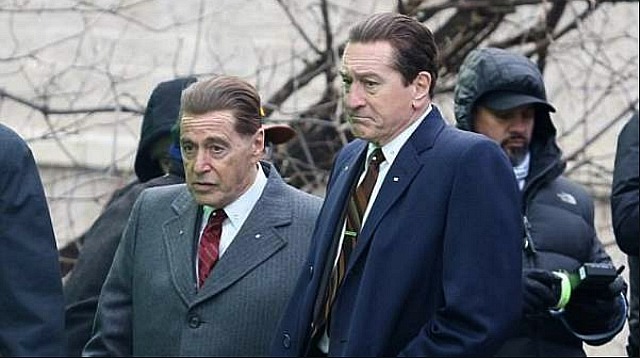Greg Berlanti‘s Love, Simon (20th Century Fox, 3.16) is definitely half-decent — an antiseptic, intensely suburban gay teen romance that’s also about coming out. It’s the first big-screen adaptation of a YA novel (Becky Albertalli‘s “Simon vs. the Homo Sapiens Agenda”) that I’ve actually half-liked, and it is kind of a big cultural deal that Fox is releasing a gentle, emotionally pliant, same-sex love story in 2400 theatres.**
Love, Simon is smartly written (the screenplay authors are This Is Us showrunners Isaac Aptaker and Elizabeth Berger) and straight-friendly, but — here come the caveats — it feels like a professional sell-job. Like an advertisement for the way things ought to be in Young Gay Utopia. It feels too tidy, too TV-realm, too “produced” and not, you know, laid-back enough. (Like Call Me By Your Name, say — a totally settled, unforced vibe flick from start to finish.)
But Simon‘s heart and head are in the right places, and it’s a whole lot better than Kelly Craig‘s The Edge of Seventeen, which struck me as vaguely similar and which I hated with a passion when I saw it a couple of years ago.
Amiable, mild-mannered Simon (Nick Robinson) is a closeted high school senior living with his parents (Josh Duhamel, Jennifer Garner) and younger sister (Talitha Bateman) in a well-tended Atlanta suburb. But the realm is essentially a blend of Disney World and a 21st Century update of John Hughes Land — an affluent, multi-cultural, progressive-minded hamlet where almost everyone (except for one appalling sociopath, played by Logan Miller, who causes all the trouble) is cool about everything.
Although his parents and friends are fair-minded and accepting of whatever, Simon has decided to wait until college to announce that he’s gay. But then he falls into this anonymous online chat with another gay guy — a local kid who calls himself Blue. The movie is partly about guessing who Blue might be. It’s also about Miller’s batshit-insane character, Martin, who discovers Simon’s flirtation with Blue and uses this knowledge to blackmail him into helping him get together with one of Simon’s close friends (i.e., a girl). I was saying to myself “if this was Goodfellas Martin would get an ice pick in the back of the neck.”
Simon suspects (and we are led to presume) that Blue might be one of three guys — all good looking, one of a POC persuasion and the other two Caucasian, one dark-haired and one semi-blonde. They all seem like good candidates, but I was a bit disappointed when the real Blue was revealed. (Not my choice.) Simon, however, is ready to roll with all of these guys.
Want a better, less conventional ending? Simon is really attracted to A, vaguely attracted to B and not that attracted to C, and then Blue turns out to be C. And Simon says, “Aaah…okay…life is unfair. But it’s nice to know ya, brah. I like what you have to say.” And they become good friends.






